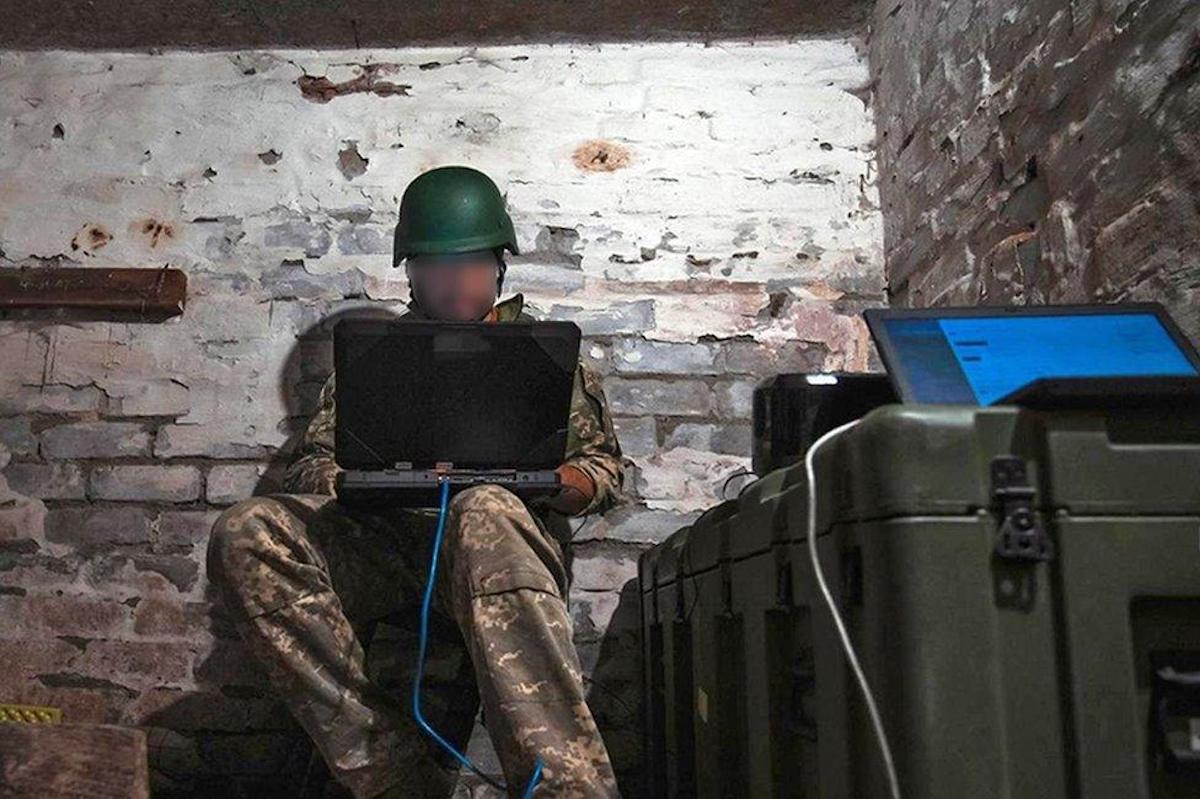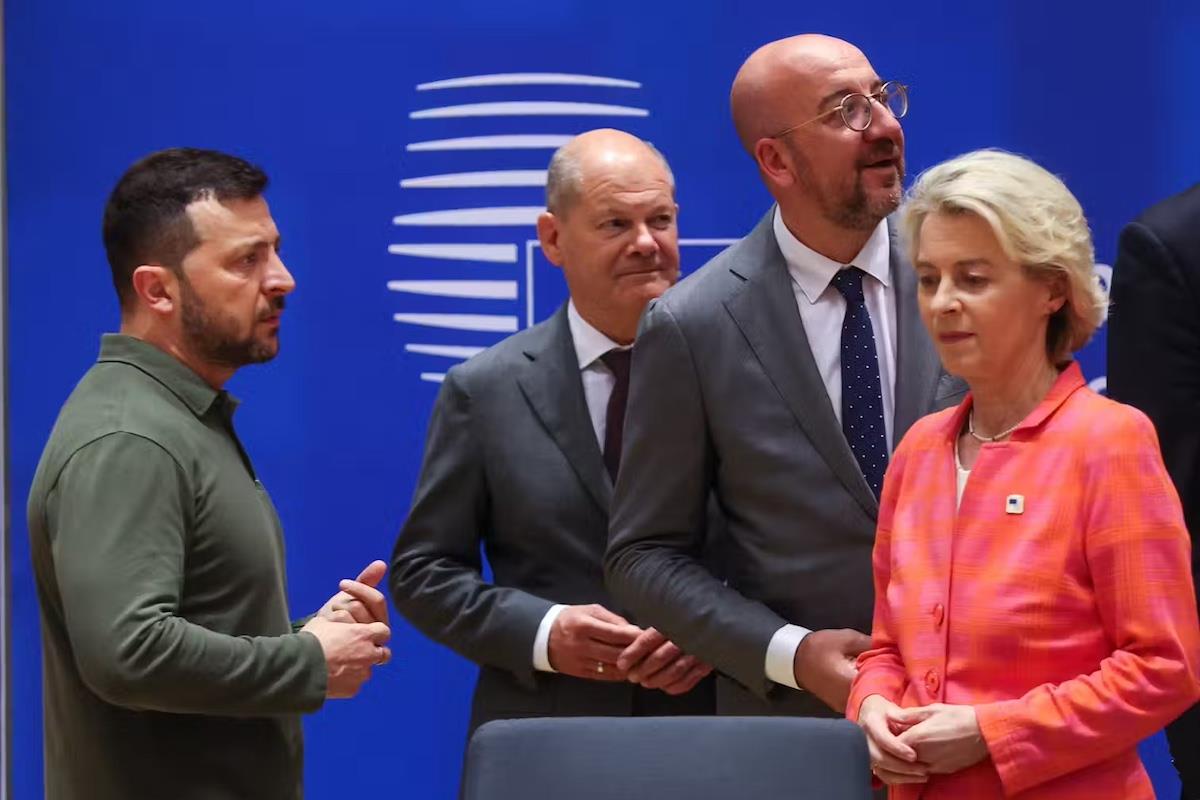
Ukraine's Decentralized Warfare: The Battle Of The Common Person
The accessibility of technology has empowered ordinary citizens to participate directly in modern warfare, reshaping how wars of the future will be fought.
Ukrainian civilians have demonstrated methods that could be followed by citizens in other countries facing similar threats. Military analysts and scholars must understand these trends to prepare for future conflicts, which are likely to incorporate similar decentralized strategies.
For example, if the United States were to engage in a conflict with China over Taiwan, civilians most likely would play active roles both in defending online and in supporting operations on the physical battlefield.
Cyber warfare: the IT Army's pioneering roleOn June 20, 2024, the IT Army of Ukraine – a decentralized group of volunteer hackers – claimed to have launched against Russia's banking system a distributed denial-of-service attack that it described as the“largest DDoS in history.”
That attack temporarily crippled several Russian banks, causing significant financial disruptions and showcasing the effectiveness of decentralized cyber tactics.
In a hybrid warfare landscape the IT Army has become a key player, operating across both physical and cyber battlefields and redefining modern warfare.
The IT Army was initially formed in early 2022 following a call to arms by Ukraine's Minister of Digital Transformation Mykhailo Fedorov, who saw the potential of mobilizing civilian hackers to bolster Ukraine's defenses.
The IT Army's primary tactic – DDoS attacks, which flood networks with excessive traffic – is accessible and effective, democratizing cyber warfare by enabling individuals worldwide to participate without extensive technical knowledge.
The impact of the IT Army has drawn attention from Russian officials. In March 2024, Dmitry Gribkov, an aide to the Russian Security Council, warned Western nations that supporting the IT Army was akin to“opening Pandora's box.”
Gribkov alleged that hacking experts were being trained in Ukraine and the Baltic states for cyber operations targeting Russian infrastructure, reflecting the Kremlin's growing concerns about Ukraine's ability to inflict pain on Russia.
The IT Army's cyber offensive has inflicted significant and lasting damage, with economic losses estimated to exceed $1 billion. In early 2024, DDoS attacks on Russian companies doubled overall compared with the year-earlier figures.
The Russian energy sector in particular suffered a tenfold increase in such attacks, which weakened critical infrastructure supporting Russia's war effort.

Legal Disclaimer:
MENAFN provides the
information “as is” without warranty of any kind. We do not accept
any responsibility or liability for the accuracy, content, images,
videos, licenses, completeness, legality, or reliability of the information
contained in this article. If you have any complaints or copyright
issues related to this article, kindly contact the provider above.























Comments
No comment